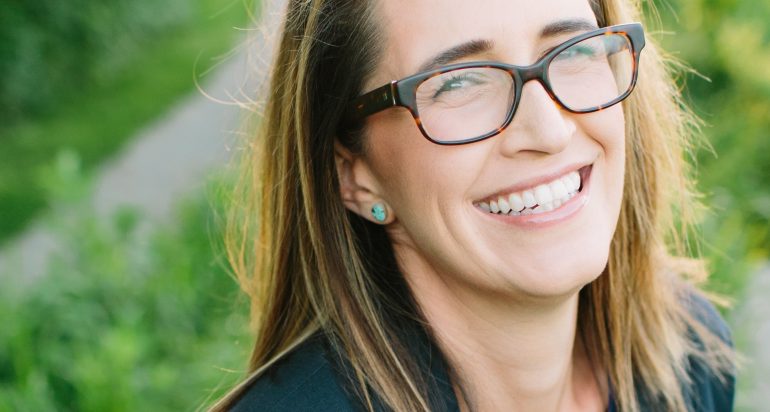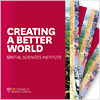In her article published on Friday, November 16, 2018 in The Conversation, USC Spatial Sciences Institute Lecturer Jennifer Bernstein makes the case that “Yes, GPS apps make you worse at navigating – but that’s OK.”
Bernstein posits that people are less likely to remember a route when they use guided navigation. Without their device, regular GPS users take longer to negotiate a route, travel more slowly and make larger navigational errors. While physical navigation and static maps require engagement with the physical environment, guided navigation enables disengagement.
Nevetheless, Bernstein also points out that the increased access to information gives people a new way to quickly and easily explore new landscapes – which can then lead to physical exploration of said landscapes. Said Bernstein, “We can then focus less on the rote memorization of place names in favor of a deeper understanding of the topography.”
Moreover, handheld navigational devices can now enable independent wayfinding by those who are sight-impaired. While not without their drawbacks, handheld navigation can empower those with spatial orientation challenges, be they real or imagined.
The Conversation is an independent and nonprofit source of news, analysis and commentary from academic experts.
The article was picked up by The Aspen Institute at one of the “Five Best Ideas of the Day” for Monday, November 19, 2018. The San Francisco Chronicle in its SFGate, which runs top stories from across the Bay Area, and the Washington Post also picked up the article.
My Broadband referenced her op-ed piece in its November 25th article “Why using Google Maps every time you go somewhere has a big downside.”
https://dornsife.usc.edu/news/stories/2905/yes-gps-apps-make-you-worse-at-navigating-but-thats-ok/




